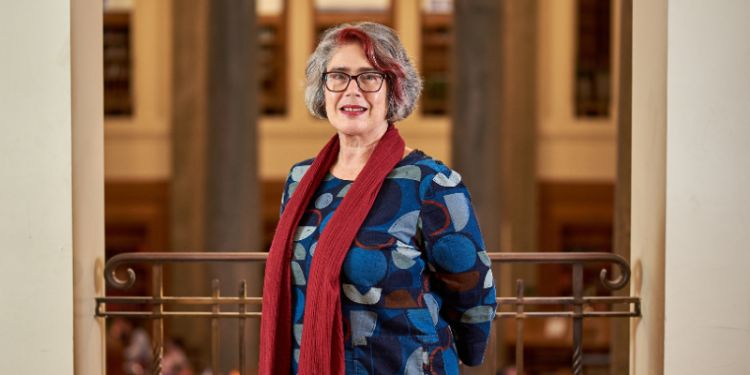Petitions, people and power: Hansard Society publishes major report by politics professor

Professor Cristina Leston-Bandeira has had a report on petitions in UK politics published by the Hansard Society.
Professor Cristina Leston-Bandeira at the School of Politics and International Studies has had her research on petitioning parliament showcased by the Hansard Society, the prestigious democracy charity. Working with colleagues at the Universities of Durham and Liverpool, and funded by the AHRC, the project examines petitioning and people power in the twentieth century.
Though one of the most popular and widespread forms of political participation, little is known about the development of petitions throughout much of the last century. The project, ‘Petitioning and People Power in Twentieth-Century Britain’, aims to understand how people in Great Britain used petitions and other forms of campaigning to express their concerns or opinions between 1900 and 2000.
Developed from wider project findings, this new report, What’s the point of petitions?, investigates what role petitions have played in the development of mass democracy, the motivations around why people might start or sign petitions, and how petitioners have adapted to changes in technology, culture and society. The report also examines how petitions have been a valuable way of incorporating ‘ordinary voices’ in local and national debates, particularly those of women, whilst reminding us that ‘people power’ can sometimes be used to ostracise as well as include.
Reflecting on how the petition has developed over the course of the twentieth century, the report also explores how technology has opened opportunities to petitioning for both the public and parliament, as well as presenting new challenges from ‘clickocracy’ and data ownership. Professor Leston-Bandeira has also appeared on the Hansard Society’s Parliament Matters podcast to discuss the report and showcase her wider research on petitions.
Professor Leston-Bandeira is a member of the Centre for Democratic Politics and Chair of IPEN, the International Parliament Engagement Network, a network that brings together academics and practitioners from across the world to share practices on public engagement and discuss ways to enhance it.




